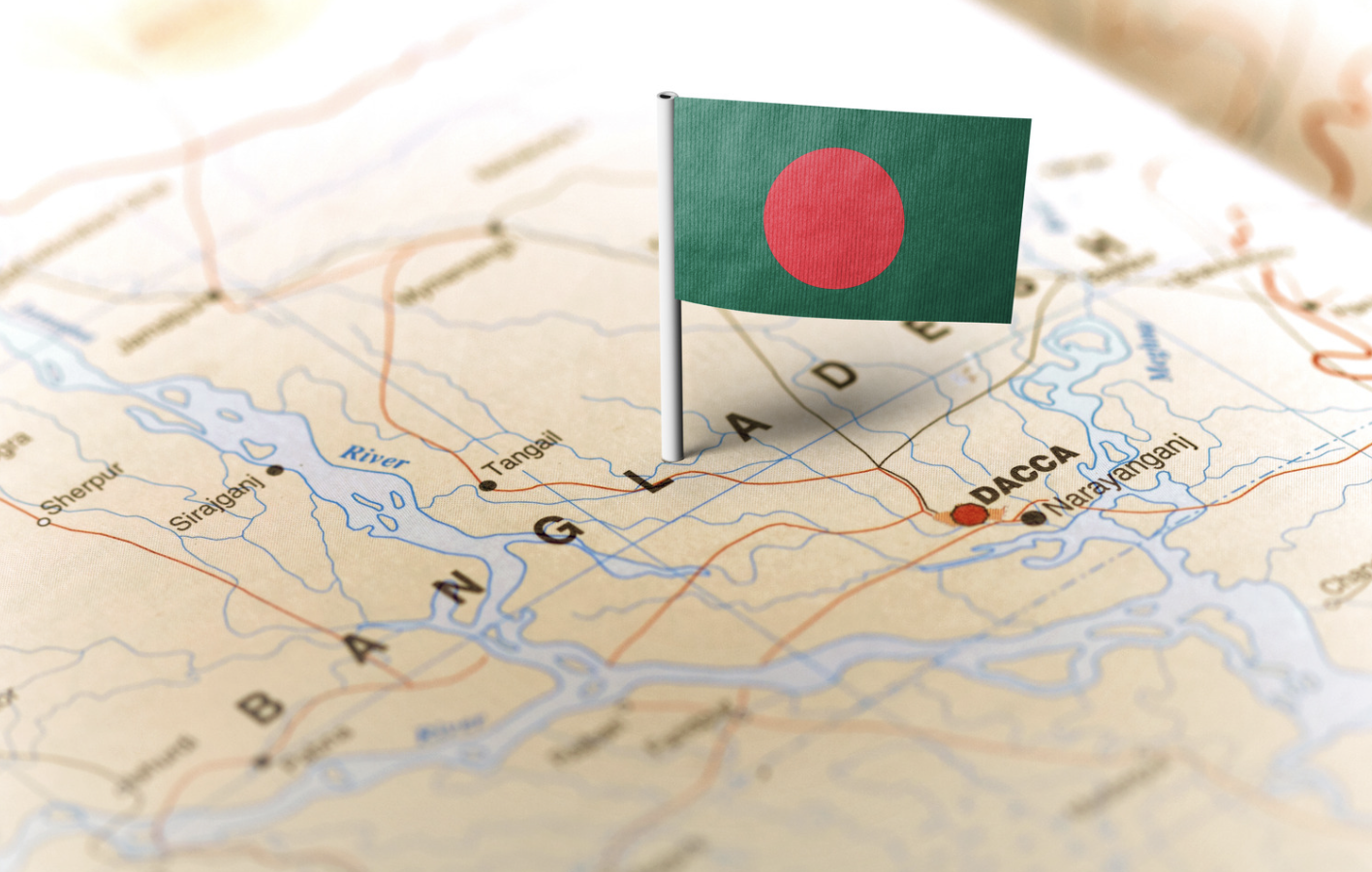Viaggio
Navigare nel mondo senza fatti: l'avvertimento di Maria Ressa e il futuro dei media e della democrazia
Pubblicità
Ressa, giornalista americano-filippino, ha sottolineato il grave pericolo che incombe su chi lavora nel giornalismo, nella democrazia e utilizza le piattaforme dei social media. Il premio Nobel per la pace prevede che questi tempi pericolosi si profilano all'orizzonte, sottolineando che la decisione di Meta di rimuovere le restrizioni su determinati argomenti e di abbandonare il fact-checking sulle sue piattaforme è un chiaro segnale di ciò che accadrà.
Durante un'intervista con l'AFP, Ressa ha criticato la decisione di Mark Zuckerberg di allentare le restrizioni sui contenuti su Facebook e Instagram, esprimendo preoccupazione per il fatto che questa mossa potrebbe portare a un mondo senza fatti, il che, a suo avviso, sarebbe favorevole ai dittatori. Ha inoltre contestato le affermazioni di Zuckerberg secondo cui i fact-checker sarebbero troppo politicamente imparziali, affermando che tali controlli erano necessari per mantenere credibilità e fiducia.
Gli instancabili sforzi di Ressa nel promuovere la libertà di espressione le hanno fatto ottenere il premio Nobel per la pace nel 2021. Come una delle fondatrici di Rappler, un sito web di notizie critico nei confronti dell'ex presidente delle Filippine Rodrigo Duterte, ha dovuto affrontare numerose accuse penali e indagini per il suo critiche esplicite al governo. Nonostante queste sfide, Ressa ha continuato a impegnarsi per sostenere gli standard giornalistici e a chiedere conto a chi detiene il potere.
La decisione presa da Zuckerberg di rimuovere i fact-checker di terze parti negli Stati Uniti e di sostituirli con un servizio di moderazione basato sul crowd-sourcing ha sollevato preoccupazioni circa la diffusione di disinformazione, incitamento all'odio e mancanza di responsabilità. Ressa ha sottolineato le implicazioni di questa decisione, mettendo in guardia dai tempi estremamente pericolosi per i sostenitori della democrazia, i giornalisti e gli utenti dei social media.
Sebbene Meta affermi di non avere piani immediati per rimuovere i fact-checker al di fuori degli Stati Uniti, l'impatto di questi cambiamenti si farà sentire a livello globale. Ressa ha sottolineato la necessità di salvaguardare l'integrità delle informazioni e di sostenere gli standard giornalistici di fronte alle crescenti sfide.
Amnesty International ha accusato le autorità filippine di aver utilizzato Facebook per prendere di mira ed etichettare giovani attivisti come ribelli comunisti e terroristi. Questa pratica del “red-tagging” evidenzia i pericoli dell’uso delle piattaforme dei social media per reprimere il dissenso e prendere di mira i gruppi emarginati. Frances Haugen, una whistleblower di Meta, ha denunciato come la mancanza di misure di sicurezza da parte di Facebook nelle regioni in cui non si parla inglese abbia facilitato il traffico di esseri umani e l'uso della piattaforma da parte di gruppi armati per attività illecite.
Ressa e altri sostenitori continuano a chiedere maggiore responsabilità e trasparenza alle aziende di social media, esortandole a dare priorità alla sicurezza degli utenti rispetto ai profitti. Il ruolo delle piattaforme dei social media nel promuovere la violenza, diffondere incitamento all'odio e incitare alla divisione sottolinea la necessità di regolamentazioni e controlli più rigorosi.
In conclusione, le sfide che il giornalismo, la democrazia e i social media devono affrontare nel mondo odierno richiedono sforzi vigili per proteggere l'integrità delle informazioni e sostenere i principi democratici. Gli avvertimenti di Ressa sui tempi pericolosi che ci attendono servono a ricordare l'importanza dell'alfabetizzazione mediatica, del fact-checking e di un comportamento responsabile online. Mentre ci muoviamo nel panorama in continua evoluzione della comunicazione digitale, è essenziale dare priorità alla verità, all'accuratezza e alla trasparenza per salvaguardare il nostro futuro collettivo.





